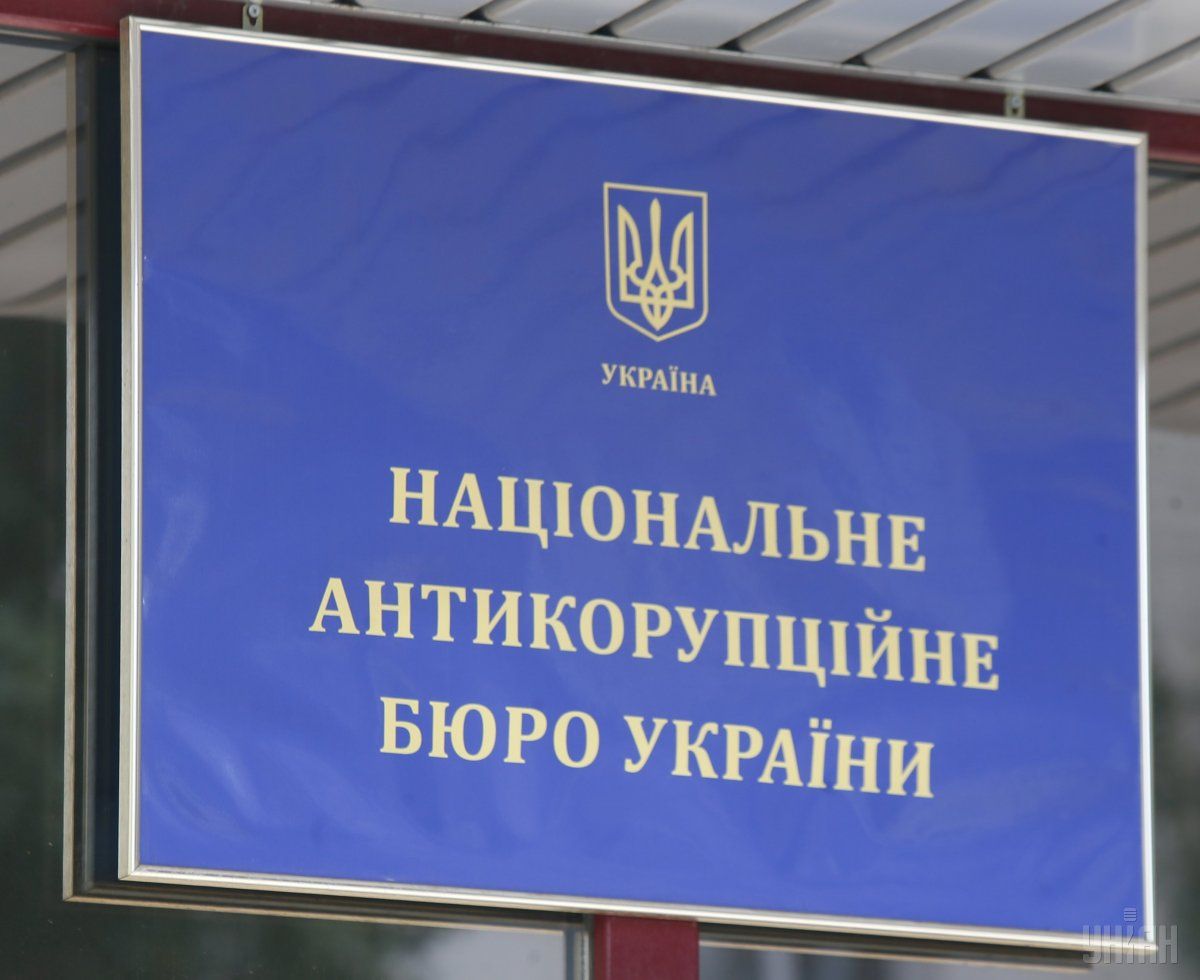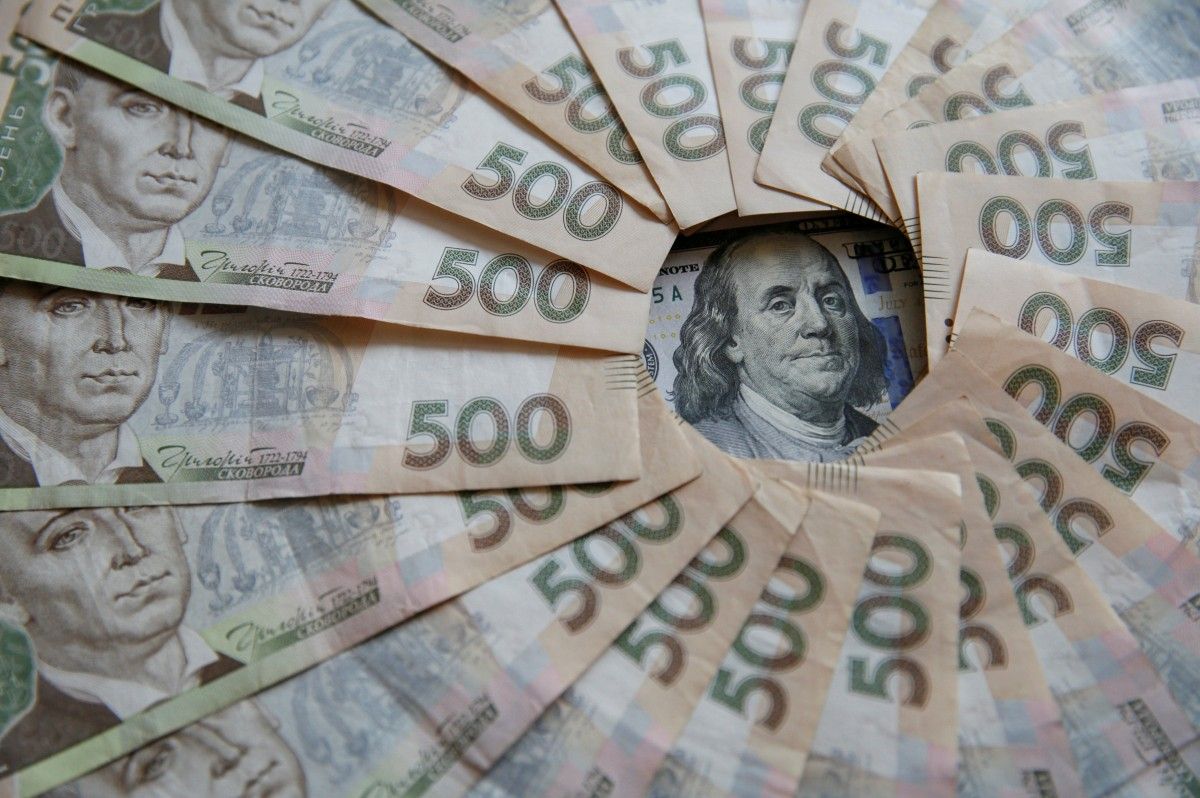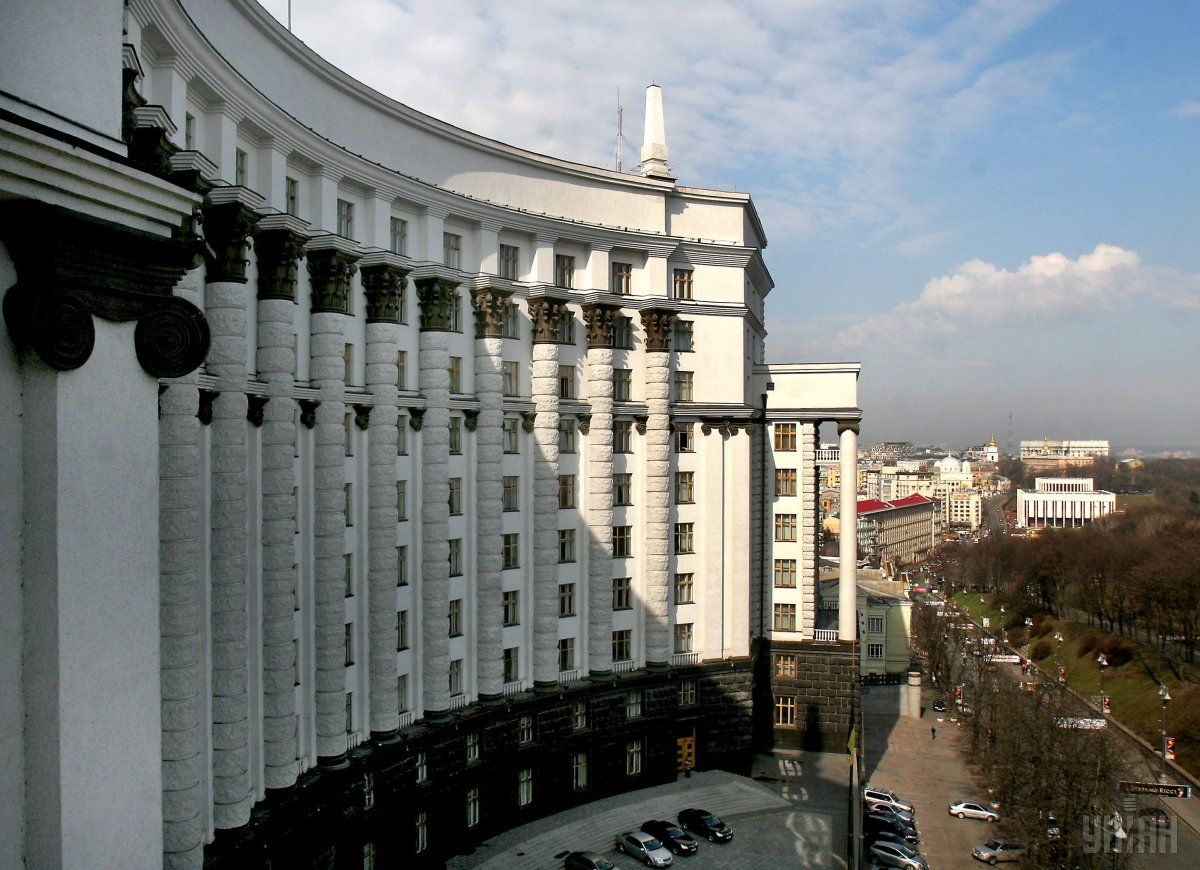
Week’s balance: NABU efforts yield success, hryvnia shows muscle, Cabinet to launch staffing revolution
The National Anti-Corruption Bureau reported on the results of corruption probes in the energy sector, the Ukrainian hryvnia continued to strengthen following GDP growth, while the Cabinet, assisted by the EU, announced a massive competition for some 900 government posts. These are the main economic news of the outgoing week.
This week NABU reported on the results of its anti-corruption investigation in the country’s energy sector. The scale of corruption schemes looks impressive, indeed – the agency says the state budget suffered a total of UAH 11.18 billion in damage.
"Over 18 months of NABU investigation showed that corruption in the fuel and energy sphere is the gravest among all sectors of the national economy: both due to the uniqueness of enterprises, the number of people involved in corrupt schemes, and the volume of losses. According to preliminary estimates, the total amount of damage from crimes related to the operations of energy companies is UAH 11.18 billion," the bureau said in a statement.
In connection with the facts revealed, NABU initiated lawsuits demanding that UAH 1 bln worth of transactions of energy companies be deemed void. The most corrupt sector was oil and gas industry (73% of the total damage), next goes electric power production (9%), then nuclear industry (4%). All other industries accounted for 14% of the loss.
But NABU did not stop at that point, moving on to conduct a search at the headquarters of the National Energy and Utilities Regulation Commission (NEURC). The investigation is related to the inclusion of the cost of coal for the operation of TPPs in the wholesale market price of electricity, in line with the so-called "Rotterdam +" formula, which overstates the price of fuel.
NEURC chief and the Commission’s members remain targets of the investigation. According to the probe, the NEURC struck illegitimate deals that led to super profits by generating companies operating TPPs, while electricity consumers incurred groundless costs. NABU believes that among companies allegedly involved are Centrenergo, Donbasenergo, DTEK Dniproenergo, DTEK Skhidenergo, and DTEK Zakhidenergo.
The Bureau this week also went beyond the energy sector by handing down a suspicion notice in an almost UAH 100 mln embezzlement case to the former deputy chief of Ukrzaliznytsia, the acting director of one of the company’s departments, and the deputy head of one of its branches.
Meanwhile, at a Friday Cabinet meeting, Prime Minister Volodymyr Groysman tipped off anti-graft bodies by claiming there is an active organized criminal group of front companies blocking participation of businesses in state tenders, adding that the wrongdoing is allegedly being facilitated by the Antimonopoly Committee. The prime minister called on the media to help the government scrutinize such companies and noted that after identifying those responsible, the information can be made public.
It seems that the reproaches by Ukraine’s international partners and creditors regarding the need to intensify the fight against corruption are yielding first results. Ukraine should only hope that the judicial system does not level out those timid achievements of anti-corruption bodies, which are generously financed by the EU, the U.S., and other partners.
Hryvnia showing muscle

Against the backdrop of positive macroeconomic indicators reported recently, the national currency rate continues to strengthen. The trend started in mid-January, when the dollar in the interbank foreign exchange market was selling at UAH 27.75, the highest mark this year.
Since that time, the hryvnia has been beefing up almost non-stop - the dollar's rate fell by 8% from the maximum January level. This week the national currency strengthened by another 0.05%, with the dollar selling on the interbank market for UAH 25.52 by Friday. The positive trend was reinforced by the release of key economic figures - GDP growth and export dynamics in 1H 2017, as well as the July unemployment rate. According to the State Statistics Service, Ukraine’s GDP in January-July increased by 2.4%. Deputy Head of the Strategic Group of Advisers to the Government Pavlo Kukhta stressed that GDP growth was due to improved business expectations, growth of consumer demand amid rising wages, and an increase in commodity prices in world markets. "In general, the 2.4% growth in the second quarter of 2017 compared with the second quarter of last year is in line with the forecasts. Economic recovery continues after a deep fall in 2014-2015. Positive is the fact that it actually continues to grow with both its pace and investment demand increasing," Kukhta said.
At the same time, Prime Minister Volodymyr Groysman noted that the rate of the country’s economic growth remained insufficient. "According to the results of the second quarter, there’s 2.4% GDP growth. That is, the economy is growing. But this is not enough for us. Our task is to increase this figure," the prime minister stressed.
It seems, the basis for increasing the growth pace may become exports, which traditionally makes up about 50% of Ukraine's GDP. In the year’s first half, the exports volume increased by 24.2%, amounting to $20.7 billion. Exports boosted in virtually all major economy sectors, from agriculture to industry. Ukraine’s TOP 5 trade partners in the export of goods included the countries of the European Union (39.8%), Russian Federation (9.4%), Turkey (6.1%), India (5.5%), and Egypt (5.3%).
Another positive news of the outgoing week was a 3.2% unemployment drop in July. The unemployment rate among the able-bodied population was 1.2%, while at the end of 2016 the indicator reached 1.5%, the State Statistics Service reported.
Despite positive trends in the national economy, the hryvnia exchange rate may again experience pressure in autumn due to the need to pay off foreign debts. It will remain quite difficult to cope with the task without the support of the country’s main creditor, the International Monetary Fund. The Fund has identified progress in privatization as one of the mandatory conditions for continuing cooperation with Ukraine. And it seems that the government and the State Property Fund started moving in this direction: this week, the SPF managed to sell 25% of the shares of three companies - DTEK Donetskoblenergo (for UAH 143.8 million), Kyivenergo (for UAH 759.6 million), and DTEK Zakhidenergo (where the SPF even managed to increase by 20% the starting price of the stake due to the actual competition at bidding - to UAH 759.6 million).
Thus, the macroeconomic situation in Ukraine continues to improve, but not least due to the low comparison base with last year.
Government’s staffing reform: 900 Spartans

The government at its Friday meeting approved the reform of the structure of 10 pilot ministries (of a total of 18) and the rules of the competition for the selection of qualitatively new cadres to public administration. The reform will concern ministries of social policy (the main focus of efforts is pension reform), health (healthcare reform), agrarian policy (land reform), education (education reform), finance (financial support for reforms), regional development (decentralization), energy (energy sector development), infrastructure (infrastructure development), the Cabinet (coordination of public administration reform), as well as justice (introduction of modern legal practices).
Within the framework of the reform, each ministry will establish directorates tasked with formulating policies and strategies in the reporting sectors. At the same time, the functions of manual management of state property that are not key to ministries are planned to be gradually reduced to a minimum.
By the end of the year, some 900 people are expected to be employed through competitive selection. The competition commission will consist of 10 persons, seven of whom are government representatives, another two are independent members and an expert of a recruiting agency.
The requirements for applicants will be extended - candidates must not only meet the standard legislative requirements for civil servants, but also pass an assessment on the criteria of the private sector: professional practical experience, foreign language skills, resilience to stress, leadership qualities, etc.
In addition, due to EUR 100 million in reform financing provided by the EU, newly-selected civil servants will receive significantly higher salaries, reaching UAH 50,000-70,000 ($1,950-$2,750) per month.
According to the Minister of the Cabinet, Oleksandr Sayenko, competitions will remain transparent, while the recruitment of new employees will not prevent the optimization of the staff of ministries by 5% by year-end.
"I think there will be even more than 5%," Sayenko said, noting that the current civil servants will be able to take part in the competition on general grounds.
According to him, the quality of the work of new personnel will be evaluated according to the clear criteria of KPI - they will be faced with the tasks agreed upon with the indicators of the government strategy and budget.
At the same time, according to Sayenko, the state secretary of each ministry will have to ensure a productive level of interaction between "old" and "new" civil servants receiving fundamentally different salaries.
Among the government's next steps is to expand the reform to the remaining eight ministries and to find sources of self-financing of salaries. Time will show whether the planned reform yields actual results but the question remains open, how effective the new directorates will be, surrounded by the "old" cadres.
Maksym Shevchenko

